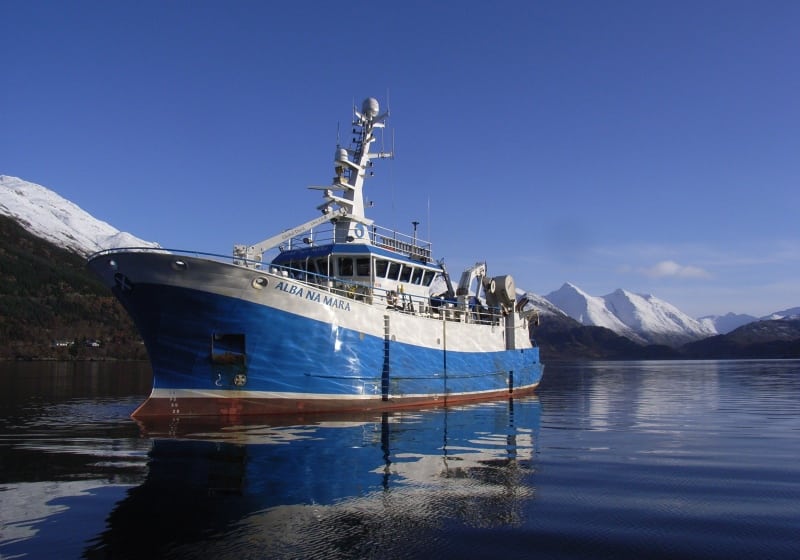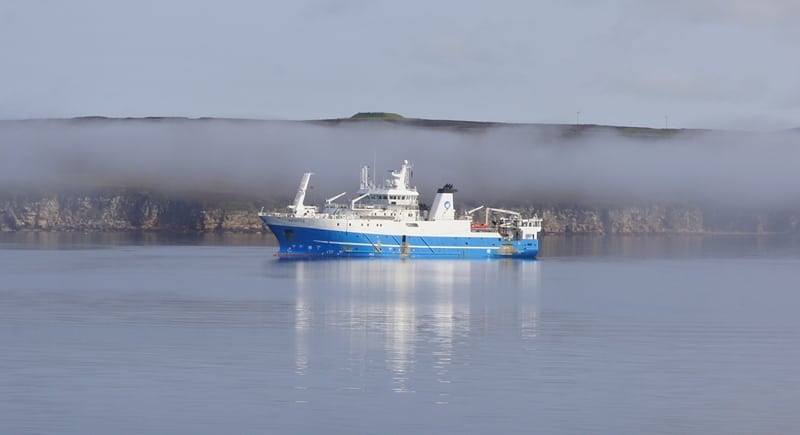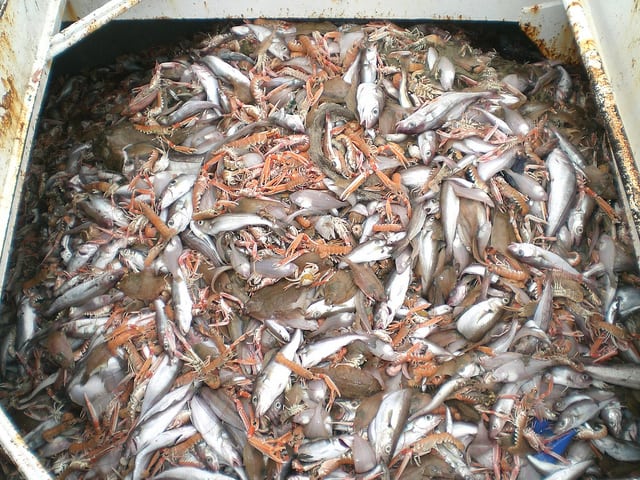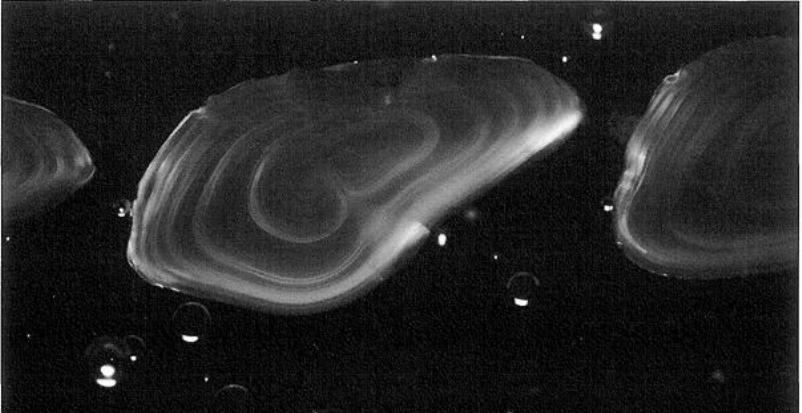Marine
-
Ask a Scientist
31st January 2017 by Marine Directorate Communications
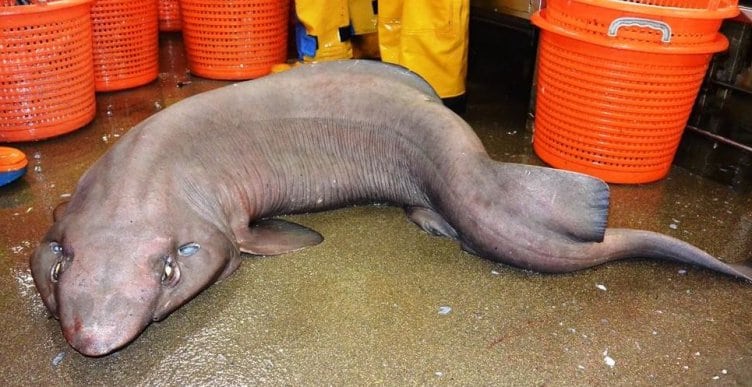
Always keen to make science accessible for everyone, our colleague Dr Francis Neat recently contributed to a series of children’s books on ocean ecology. Dr Neat was approached only last week to answer some questions, posed by children through a school project, in the “Ask a Scientist” section. As a specialist in the habitat and...
-
Scottish Fishermen Land 1000th Tonne of Marine Litter
18th January 2017 by Marine Directorate Communications
Our very own Professor Colin Moffat was asked recently to attend and give a short presentation at an event to celebrate the success of the KIMO UK’s Fishing for Litter scheme. Supported by partners, including the Scottish Government, the Fishing for Litter scheme encourages skippers of fishing vessels to land litter they catch in their...
-
MRV Alba na Mara: Survey 2316A Programme
12th December 2016 by Marine Directorate Communications

Duration: 8-21 December 2016 Equipment: Sandeel dredge × 2 (modified 4′ scallop dredge with 6″ teeth and spare toothbars) with towing bar and camera attachment. TV camera. Minilogger (or equivalent – i.e. DST). Objectives: To determine the abundance, length and age of sandeels in the sediment from regions east of the Firth of Forth and...
-
MRV Alba na Mara: Survey 2216A Programme
8th December 2016 by Marine Directorate Communications

Duration: 2-6 December 2016 Sampling Gear: BT 158 with 50 mm cod-end; 2 m beam trawl with 50 mm cod-end; Day grab and table; and Catamaran and manta neuston net. Objectives: To undertake flatfish sampling in St Andrews Bay, inner Firth of Forth, outer Firth of Forth and the Forth estuary in support of the...
-
MRV Scotia Survey 1616S Programme
22nd November 2016 by Marine Directorate Communications

Duration: 5-14 November 2016 Fishing Gear: PT160 pelagic trawl; BT237 new Jackson high standing demersal trawl fully rigged with 350mm rockhopper ground gear and 200mm floats; 1 Set Thyboron ‘flapper’ trawl doors; and 1 set GOV polyvalent trawl doors. Objectives: To establish a fishing protocol to fish the PT160 trawl close to the surface and...
-
Marine Analytical Unit monthly update – October 2016
2nd November 2016 by Marine Scotland Communications

This month’s update from the Marine Analytical Unit is now available with the most up to date information about the fish price index, nephrops prices and key facts and figures on Scottish fisheries. Read the full update Related Links All previous Marine Analytical Unit updates
-
New topic sheet – age estimation in fish
14th October 2016 by Marine Scotland Communications

How can you tell how old a fish is? Any why bother? Age estimation is a fundamental part of studies of the life history of fish. In commercial marine fisheries, it is a key area in the monitoring, assessment and management of fish stocks because age determined parameters (such as age profiles, age at first...
-
The Buckland Foundation lecture – 2 November 2016
12th October 2016 by Marine Scotland Communications

The Buckland Foundation: How smart are fish? Integrating what scientists and fishers know. 2nd November 2016, Institute of Zoology, Outer Circle, Regent’s Park, London, NW1 4RY from 18:00 to 2100 The talks in this event will challenge the commonly-held view of fish as robot-like animals with no intelligence and a 30 second memory, which often...
-
In Deep at the UN – the verdict
5th August 2016 by Marine Scotland Communications
At the end of July, we featured a blog about Marine Scotland scientist, Dr Francis Neat, and his upcoming visit to the United Nations to discuss deep-sea fishing regulations and conservation in the high seas. The intrepid traveller has now returned and tells us how it was for him: “This week the UN General Assembly held...
-
In deep at the United Nations
28th July 2016 by Marine Scotland Communications
Next week, Marine Scotland scientist Dr Francis Neat (pictured right) will join the EU delegation to the UN in New York to discuss deep-sea fishing regulations and conservation in the high seas. It’s a huge honour and as Francis explains “we rarely think too much about that part of the ocean that is beyond our national jurisdiction...

